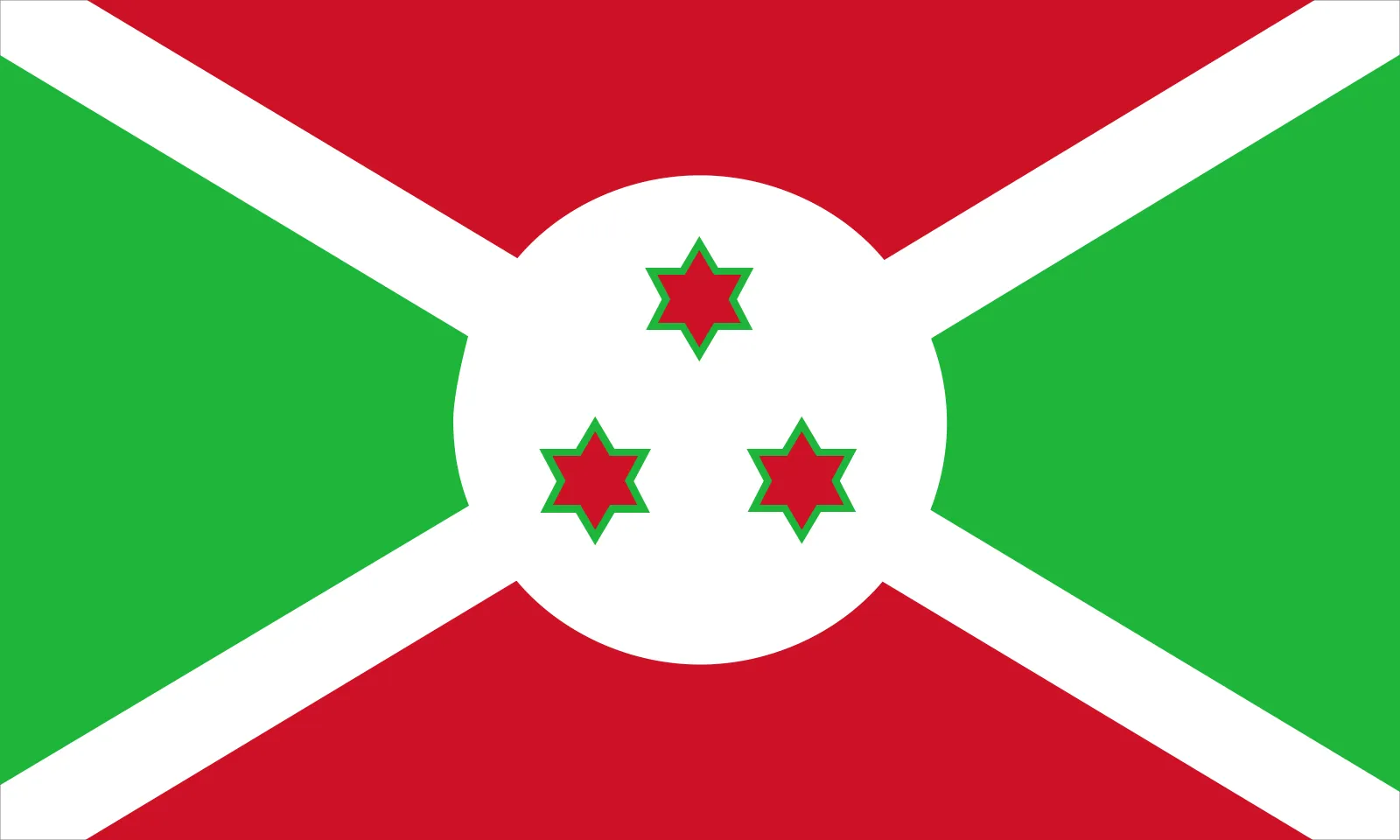Burundi remains one of the smallest and least-resourced members of the EAC, yet its trajectory matters for regional stability, human development and integration.
Governance & Politics
President Évariste Ndayishimiye (CNDD-FDD) continues in office; his government remains dominant in national institutions. The main organised opposition is the National Congress for Liberty (CNL) led by Agathon Rwasa.
Economy & Outlook
Burundi’s economy is small and heavily reliant on agriculture (mostly subsistence), external aid and low-value exports (coffee, tea). According to future-sector analyses (ISS Africa, Aug 2025) the country faces weak governance, demographic pressures and infrastructure gaps, but also has potential in agriculture and agro-processing. Precise projections vary, but typical growth forecasts for 2025 are in the 4–5% range, given constraints on industrialisation and export diversification.
Tourism is under-exploited: while Burundi has natural beauty (lakes, hills, national parks) the sector struggles with poor infrastructure and investment. A December 2024 review noted “tourism sector faces challenges under-developed parks, reserves under threat.”
Business Climate & Ease of Doing Business
The business environment remains very difficult: weak institutions, limited access to finance, high vulnerability to political and security shocks, poor infrastructure and a small market size.
International human-rights and governance concerns also weigh on investor perceptions.
Tourism, Infrastructure & Services
As noted, tourism has potential but little follow-through. Constraints include transport links, accommodation quality, regulatory incentives and conservation pressure. The natural heritage (Lake Tanganyika shoreline, national parks) remains under-utilised.
Infrastructure (roads, energy, connectivity) remains below regional averages.
Human Rights, Security & Governance
The human-rights situation remains among the most worrisome in East Africa. Reports highlight extrajudicial killings, disappearances, torture, enforced evictions and restricted civic space. The UN Human Rights Council and civil society repeatedly urge renewal of special monitoring mandates.
Security is somewhat stable by regional low-income-country standards, but occasional violence, militia activity and unresolved post-2015 crisis legacies remain.
The Big Picture
Burundi remains a country of high risk and modest scale — for investors and tourists the opportunities exist, especially in agro-processing, niche tourism and cross-border trade, but the constraints are substantial. For those with long-term horizon and deep local partnerships, there may be untapped value; for others, the structural and governance risks will likely remain a barrier.
Burundi: Republic of Burundi the small giant

